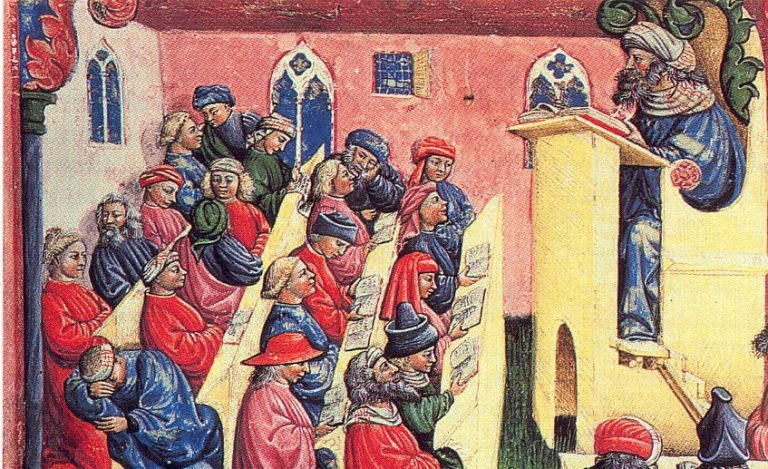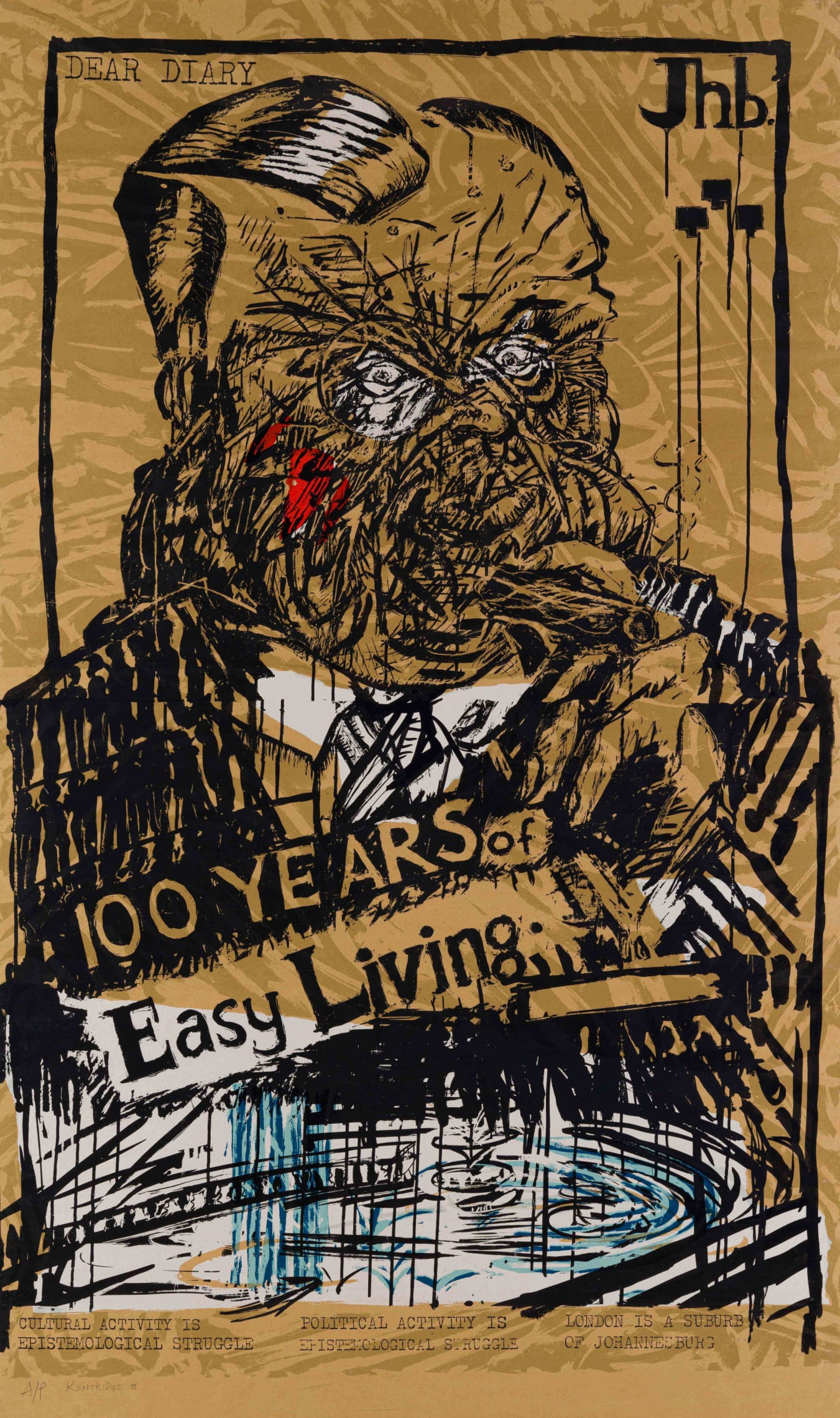The Medieval Studies Conference at Harvard is a landmark event that celebrates a century of scholarly engagement with the medieval world. This prestigious gathering draws together over 800 academics from diverse disciplines, providing a platform for interdisciplinary medieval studies that showcases the latest research and discoveries. Attendees include renowned scholars and emerging talents, all eager to explore various facets of medieval culture, history, and literature—like the profound influence of Chaucer on modern storytelling. As Harvard continues its legacy in this field, the conference highlights the vibrant community fostered by the Harvard Medieval Academy and sets the stage for future academic conferences in 2025 and beyond. Join us in this exploration of the rich tapestry of medieval studies and discover how the past informs contemporary debates in literature and society.
The Harvard-hosted Medieval Studies Convention brings together a passionate community of scholars from various academic backgrounds to engage in rich discussions about the Middle Ages. This event serves as a crucial hub for the latest findings in medieval scholarship, with a special emphasis on how historical narratives shape our understanding of art, literature, and culture today. Prominent themes include the enduring legacy of medieval authors like Chaucer and the intricate connections between medieval societies across continents and cultures. As the conference unfolds, it provides not just a space for presentations and workshops, but also a fertile ground for cultivating new ideas and connections among participants. Attendees can expect a deep dive into the complexities of medieval life, paving the way for innovative approaches to teaching and researching this significant period.
Exploring the Evolution of Medieval Studies
The discipline of medieval studies has transformed dramatically over the past century, reflecting broader intellectual currents and interdisciplinary approaches. As witnessed at the recent Medieval Academy of America’s centennial conference, scholars from diverse backgrounds are now contributing to the field, incorporating perspectives from literature, history, and cultural studies. The conference showcased presentations that sparked dialogue about how medieval texts and contexts can be reinterpreted through the lenses of modern concerns, such as the interplay between historical narratives and contemporary digital culture.
One of the key themes that emerged was the importance of interdisciplinary collaboration. By integrating disciplines such as sociology, anthropology, and digital humanities, medieval studies is able to expand its relevance and reach. This convergence allows for new methodologies that enrich the understanding of medieval life, art, and literature, exemplifying the growth of the field not just as a study of the past but as a vibrant, living inquiry that speaks to current issues.
The Impact of Geoffrey Chaucer on Modern Literary Discourse
Geoffrey Chaucer remains a crucial figure in medieval studies, particularly in discussions surrounding the evolution of literary authority. His exploration of themes such as rumor, fiction, and identity in works like ‘The Canterbury Tales’ provides foundational insights into the dynamics of narrative and truth. The recent conference highlighted how Chaucer’s influence spans centuries, paralleling contemporary discourse on authentic voices and the dissemination of information in the digital age.
Scholars such as Fernanda García-Oteyza draw compelling connections between Chaucer’s perceptions of poetics and contemporary narratives like those presented in Patricia Lockwood’s novel ‘No One Is Talking About This.’ These discussions initiate a critical examination of how literature shapes, and is shaped by, cultural contexts. As new interpretations of Chaucer’s work arise, they underscore an ever-evolving dialogue within interdisciplinary medieval research that continually resonates with current societal challenges.
Interdisciplinary Approaches in Medieval Conferences
At the heart of academic conferences like the Medieval Academy’s annual meeting is the spirit of interdisciplinary cooperation. The gathering of over 800 scholars this year highlights how collaborative presentations and workshops amplify the exploration of medieval studies. By bringing together insights from various disciplines, such as history, literature, and economics, participants are able to create a multifaceted view of the medieval period that is both inclusive and relevant.
Workshops, like the one led by Anna Wilson on teaching the Global Middle Ages, showcase the necessity for modern medievalists to embrace a broader, more global perspective. This forward-thinking approach not only enriches individual scholarship but also fosters an environment where new ideas can thrive, encouraging a fresh look at how historical narratives are constructed and understood in contemporary education.
The Future of Medieval Studies: Global Perspectives
As the field of medieval studies has expanded, so too has its geographical scope. This year’s conference featured presentations on a wide array of medieval cultures, including those of the Mediterranean, the Islamic world, and East Asia. Such diversity allows scholars to investigate interconnectedness across regions and time periods, paving the way for a more comprehensive understanding of how medieval societies interacted and influenced one another.
The emphasis on a global perspective is pivotal for the future of medieval studies. By broadening the narrative beyond traditional Western frameworks, scholars are challenged to reconsider the implications of their work and the way it is contextualized within the larger tapestry of human history. This shift reflects a commitment not only to inclusivity but also to a richer, more nuanced appreciation of the medieval world that informs contemporary scholarship.
The Role of Harvard in Advancing Medieval Scholarship
Harvard University has long been a pivotal player in the advancement of medieval studies, and the recent centennial conference served as a testament to its continuing influence. By hosting such a prestigious gathering, Harvard reinforces its commitment to fostering scholarly dialogue and innovation in the field of medieval studies. The institution’s historical significance in the formation of the Medieval Academy of America adds an enriching layer of legacy that attendees could appreciate within the ambiance of Harvard Yard.
Furthermore, the research spearheaded by Harvard students and faculty exemplifies the university’s role in shaping the future of medieval scholarship. Projects examining medieval trade agreements or the reception of texts across cultures are crucial in reframing our understanding of the past. The collaboration between emerging scholars and established academics creates a dynamic environment where fresh ideas are cultivated, ensuring the longevity and relevance of medieval studies.
Networking Opportunities at the Medieval Studies Conference
The Medieval Academy’s conference functions as not only a forum for academic exchange but also as a vibrant networking opportunity for scholars at all career stages. Attendees, including graduate students and established academics, have the invaluable chance to connect over shared research interests, paving the way for future collaborations and projects. The environment fosters an atmosphere where mentorship can flourish, encouraging emerging voices to engage boldly with seasoned scholars.
For many participants, such networking meets a dual purpose: to share research while also building community. Whether exchanging ideas during panel discussions or engaging in casual conversations over lunch breaks, the conference nurtures relationships that extend well beyond the event itself. This sense of camaraderie and shared purpose exemplifies the core of scholarly engagement in medieval studies, emphasizing the importance of collaboration and connection.
Engaging with Historical Texts: Workshops and Presentations
The workshops and presentations at the Medieval Academy conference offer a rich tapestry of insights into historical texts and their relevance today. For instance, Elena Shadrina’s exploration of medieval Venetian trade agreements provided a thorough historical context, illustrating how merchants navigated their commerce through verbal contracts and witness systems. These discussions illuminate the complexity and nuances of economic transactions in the medieval world, which can lead to broader implications for understanding historical human interactions.
Similarly, presentations that analyze contemporary adaptations of medieval literature, such as Emily Sun’s examination of Meghan Purvis’ translation of ‘Beowulf,’ reveal valuable crossroads between past and present. By highlighting the challenges faced by modern translators, especially those interpreting texts across cultural and geographical divides, scholars advocate for ongoing discussions about the interpretation of historical works. Such engagements not only celebrate the legacy of medieval literature but also enhance its relevance in discussions about modern literary practices.
The Significance of Medieval Studies in Today’s Context
The importance of medieval studies transcends mere historical inquiry; it engages with significant contemporary issues, including cultural identity, social dynamics, and the evolution of language. By delineating how past societies grappled with concerns that echo in today’s world, medieval studies fosters a richer understanding of our present. This interplay emphasizes the ongoing relevance of historical narratives in informing contemporary debates.
Moreover, interdisciplinary discussions, such as those surrounding the impact of misinformation as seen in Chaucer’s work, underline the heightened importance of medieval studies in navigating today’s complex information landscape. These dialogues not only provide academic insights but also enhance public discourse on the challenges of truth and representation in the age of digital media.
Looking Ahead: The Future of Medieval Studies
As the centennial celebration of the Medieval Academy underscored the past, it also spurred reflections on the future of medieval studies. With ongoing shifts in global academia and discussions that champion inclusivity and interdisciplinary awareness, the next century promises to broaden the scope of medieval scholarship. As historians, literary critics, and cultural theorists continue to reexamine medieval texts and contexts, we anticipate flourishing avenues for innovative research that resonate with a diverse audience.
Ultimately, the journey of medieval studies is not just about understanding history but also about navigating our collective future. By addressing contemporary issues through medieval lenses, scholars can pave the way for revolutionary engagements that are timely, critical, and transformative. Engaging with the past offers us not only a glimpse into our cultural heritage but also the tools necessary for addressing the complexities of our present and future.
Frequently Asked Questions
What is the Medieval Studies Conference hosted by the Harvard Medieval Academy?
The Medieval Studies Conference, organized by the Medieval Academy of America and hosted by the Harvard Medieval Academy, is a premier academic event that gathers medievalists from around the world. It features workshops, presentations, and discussions that explore various aspects of medieval studies, celebrating its interdisciplinary nature and historical significance.
How do academic conferences in 2025 enhance the field of medieval studies?
Academic conferences in 2025, such as the Medieval Studies Conference at Harvard, contribute significantly to the field by bringing together experts from diverse disciplines to share research, exchange ideas, and foster collaborations. These gatherings enhance the understanding of medieval cultures and literature, including the influence of figures like Chaucer.
What themes are explored at the Medieval Studies Conference related to Chaucer’s influence?
Themes related to Chaucer’s influence are often explored at the Medieval Studies Conference, where scholars analyze his works, such as “The Canterbury Tales,” and their relevance to contemporary issues like misinformation and poetic authority, drawing parallels between past and present literary landscapes.
Who can participate in the Harvard Medieval Academy’s conference?
The Harvard Medieval Academy’s conference is open to a wide range of participants, including graduate students, established scholars, and anyone interested in interdisciplinary medieval studies. It is an inclusive forum that fosters dialogue among academics from various backgrounds and interests.
What role does interdisciplinary research play in the Medieval Studies Conference?
Interdisciplinary research is a central focus of the Medieval Studies Conference, reflecting the diverse interests of participants. Scholars present findings from various disciplines, including history, literature, and cultural studies, demonstrating how medieval studies intersect with contemporary academic conversations.
How has the Medieval Studies Conference evolved over the past century?
The Medieval Studies Conference has evolved significantly over the past century, expanding its scope to include global perspectives and a wider range of topics within medieval studies. It continues to serve as a vital platform for reflecting on historical scholarship and charting future directions in the field.
What unique experiences do attendees gain from the Medieval Studies Conference?
Attendees of the Medieval Studies Conference gain unique experiences by engaging in thought-provoking discussions, networking with peers and mentors, and presenting their research to a supportive audience. These interactions enhance scholarship and encourage collaborative innovations in medieval studies.
How does the Medieval Academy of America support the field of medieval studies?
The Medieval Academy of America supports the field of medieval studies through organizing conferences, publishing research, and providing resources for scholars. Its initiatives foster a vibrant community of medievalists dedicated to advancing knowledge and scholarship across various disciplines.
What are some research topics presented at the Medieval Studies Conference?
Research topics presented at the Medieval Studies Conference cover a wide array of subjects, including medieval trade agreements, cultural exchanges between regions, interpretations of significant literary works, and contemporary applications of medieval themes, illustrating the depth and diversity of the field.
Why is attending the Medieval Studies Conference important for scholars?
Attending the Medieval Studies Conference is important for scholars as it offers opportunities for academic growth, networking, and collaboration. Engaging with peers allows for the exchange of ideas and inspiration, essential for advancing research and scholarship in the field of medieval studies.
| Key Points | Details |
|---|---|
| Event Overview | The Medieval Academy of America’s 100th annual meeting, held in March, gathered over 800 academics from 23 countries in Harvard Yard for workshops, sessions, and discussions. |
| Significance of the Event | Celebration of medieval studies’ evolution over 100 years; highlighting interdisciplinary and global reach. |
| Keynoters and Highlights | Sean Gilsdorf opened the conference, addressing the growth and future directions of medieval studies. |
| Prominent Presentations | Topics ranged from medieval trade agreements and the revival of historical gatherings, to modern interpretations of ‘Beowulf’. |
Summary
The Medieval Studies Conference serves as a vital crossroads for scholars eager to innovate and share insights into medieval literature, history, and culture. This year’s gathering, marking the 100th anniversary of the Medieval Academy of America, illustrated the dynamic and evolving nature of the field. Participants delved into pressing topics such as the relevance of Geoffrey Chaucer’s insights on rumor with contemporary challenges, showcasing how medieval themes resonate in today’s discourse. The shared experiences and collaborative efforts highlighted during this event underscore the conference’s role in bridging past scholarship with future explorations, leading to a promising path forward for medieval studies as a global discipline.



